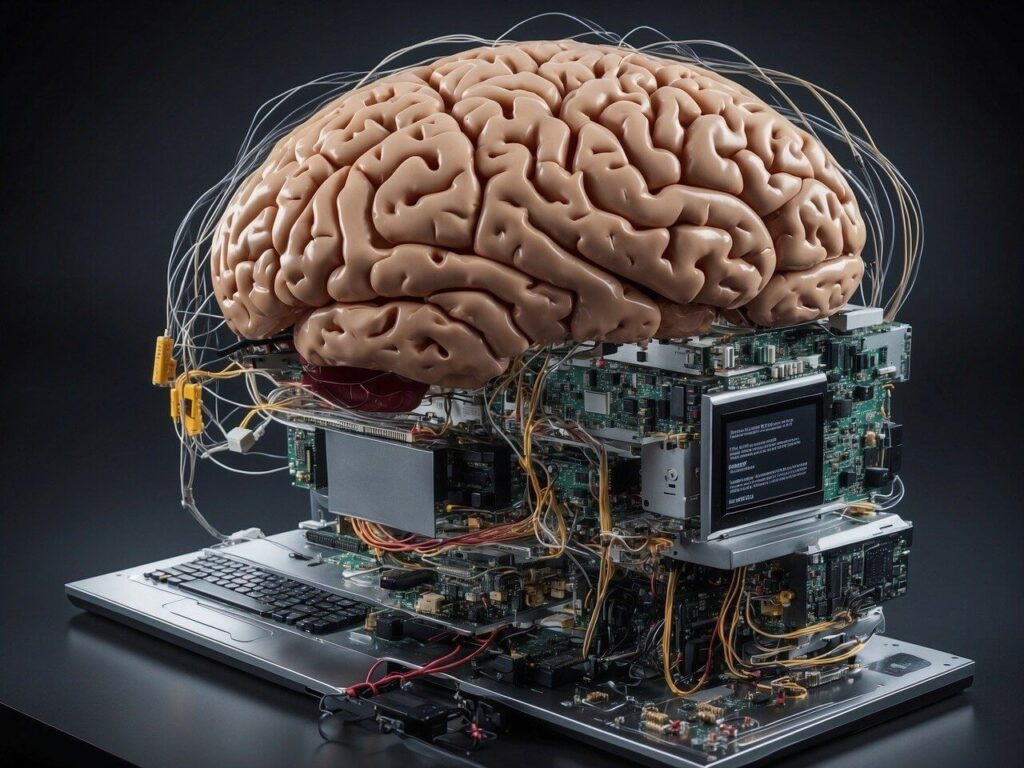In today’s technology-driven international society, there is growing interest in artificial intelligence changing human roles. Despite the concerns, many argue that AI isn’t always right here to do the job; as a replacement, it is reshaping our work landscape, unlocking human capabilities, and revolutionizing innovation and productivity.
It will be critical for engineers to understand what roles AI can impact and on the path to resilience. Let’s explore the dynamic terrain and delve into the impact of synthetic intelligence on engineering and related disciplines.
Robots are on the rise
Robots, which are expected to update unskilled labor in risky factory tasks, have not completely displaced human workers. The value efficiency of human labor, coupled with the cost of purchasing and programming full-size robots, has kept them from enormous use.
However, a vast leap forward is growing. State-of-the-art robotic systems, equipped with computer imaginative and prescient and artificial intelligence, can train themselves and understand time-tested natural language commands.
This improvement opens up avenues for robotics automation, especially in large-scale productions such as smartphone encounters.
Power of AI in Crafting Compelling Copy
The recognition of copywriting stems from the realization that compelling content captivates audiences, whether on websites, press releases, or various media systems.
Artificial intelligence may soon become an ally of copywriters, providing engineers with specialized information to create compelling articles. While AI may not completely update copywriters, its ability to perfectly copy tasteful and great text remains questionable. However, the importance of domain-specific information is gaining a reputation.
Hey AI, Sketch Out a Symphony of Speaker Designs
Graphic designers embody AI technology, but business design has been slower to adopt automation. Industrial designers can use AI to gain insights and quickly create numerous product standards.
While AI-generated product renderings can also lack perfection and ignore manufacturing constraints, continuous improvement is possible through iterative challenges.
However, it is essential to note that experts at the end rely on their creativity and approaches, which suggests that artificial intelligence may not mean an absolute revolution in the sector.
10x Engineers
Silicon Valley is debating whether artificial intelligence can replace huge software engineering teams. Artificial intelligence tools can create visually appealing websites, putting website builders at risk. However, the influence on the improvement of the excellent software program, advocated by a lot of programmers, is minuscule.
The idea of a “ten-time engineer” who can write ten times the code of the average programmer takes on new dimensions with AI. It enables better productivity, with a group of engineers and an AI co-pilot achieving more than the entire company could before.
Electronics Engineers
Electrical engineers, responsible for improving the body product, earn fat salaries. AI won’t design the entire product for a startup, but it can speed up the process. From generating diagrams to assisting with component selection, AI serves as a valuable co-pilot.
However, the elaborate process of connecting components on a printed circuit board (PCB) remains largely a guide, while CAD software programs include more AI devices.
Mechanical Engineers
In the improvement process, mechanical engineers play a key role in reworking designs into manufacturable enclosures. Unlike various engineering disciplines, no AI software can smoothly handle the complexities of mechanical tool development.
While AI can highlight potential conflicts or encourage design improvements, most paintings are based on the expertise of skilled human hands.
No one likes to deal with limitations
In our developing international world, the generation has yet to fully replace professional engineers in particular. Key qualities such as creativity, effective conversation and step-by-step problem solving remain beneficial.
Although artificial intelligence complements certain components of work, it is unlikely to overshadow the understanding of professional specialists. The human touch remains irreplaceable in the technical landscape.

Hi, I’m Parveen Kumar (CEH, CCNA, CCAI, MCSA Certified), the mind behind the PIXELS. As a tech enthusiast and author on ITByteHub, I specialize in delivering expert insights, tips, and tricks, focusing on Windows 11, cybersecurity, tools, utilities, and more. Join me on this digital exploration, where knowledge meets innovation!



